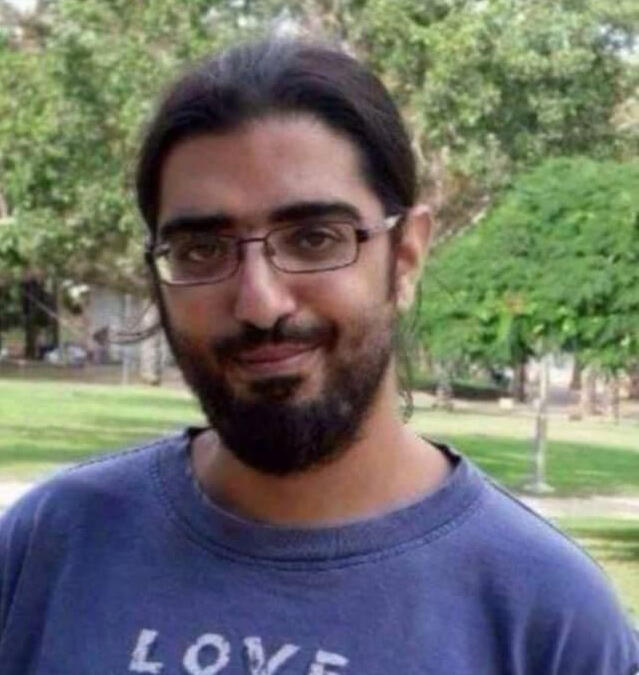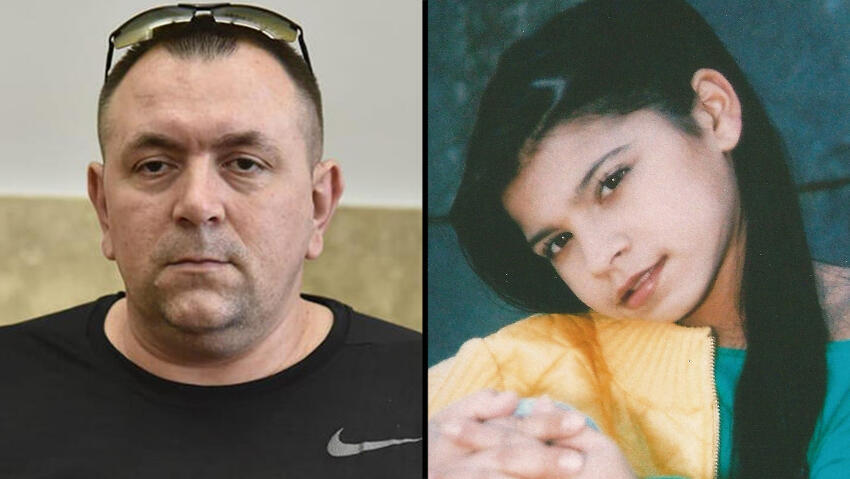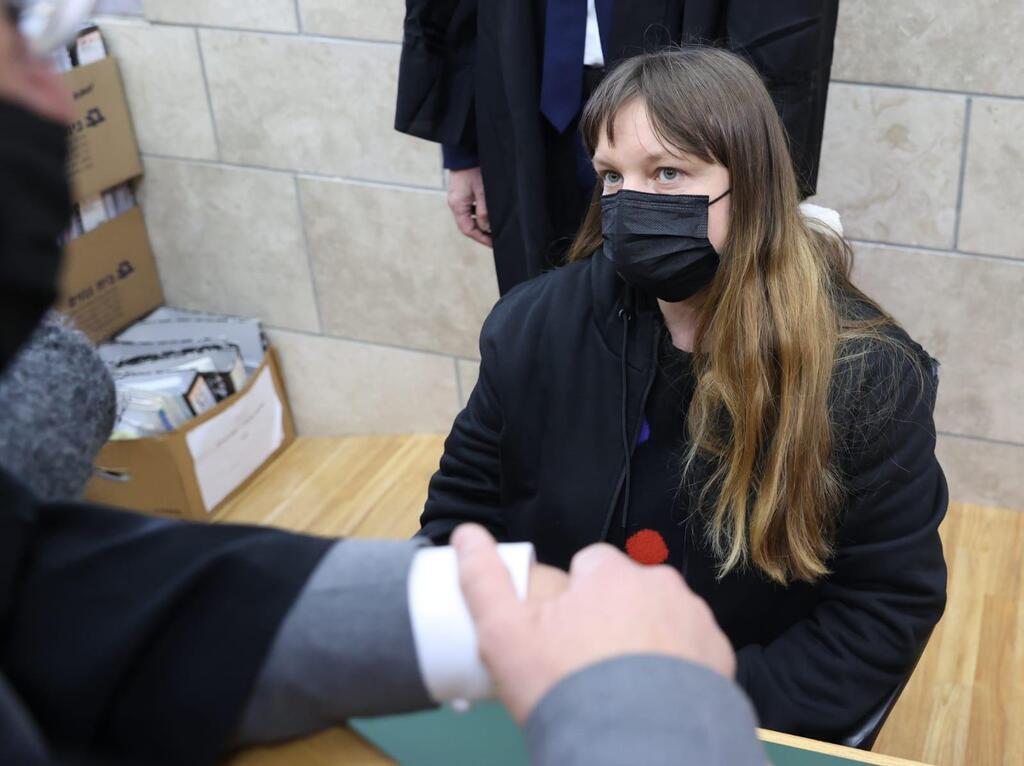The judge presiding over the retrial of a twice-convicted man for the 2006 murder of a 13-year-old girl said on Tuesday that a hair sample that could potentially tie a former suspect to the crime was "not a tiebreaker."
According to reports in Hebrew media, a mitochondrial DNA test of the hair showed it could belong to Adir Habani, the former partner of Olga (Ola) Kravchenko.
Kravchenko, who was known to the Israeli public for years only by her initials O.K, was previously accused of having murdered her classmate Tair Rada in a school bathroom stall in the town of Katzrin in Israel's northern Golan Heights region.
Habani, who had previously lived in Katzrin, claimed that his former partner Kravchenko confessed to him that she had murdered Rada while wearing his clothes. Habani and Kravchenko were in a relationship for nearly nine years, with Kravchenko claiming Habani used to abuse her.
The findings cast new doubts about the involvement of Roman Zadorov in Rada's murder.
Zadorov, a Ukrainian immigrant who worked as a janitor at the school at the time of Rada's death, was convicted twice for her murder and served 15 years in prison before the Supreme Court ordered a retrial and Zadorov's release to house arrest last year.
Tair Rada's murder has captivated the Israeli public for years, owing both to its sheer brutality and a host of conspiracy theories that have sprung around it.
Zadorov's wife Olga said that the new findings have filled the defendant's family and supporters with cautious optimism.
"This is another thing that distances Roman from the act that he did not commit," she said. "I hope that the prosecution says, 'we were wrong,' and walks back on the charges. Does it mean that O.K is the murderer? This is something that the police in a properly run country must investigate."
During the trial, several experts attested to the shortcomings of mitochondrial DNA sequencing, which they said is not always accurate.
Wednesday's special court session was convened despite the evidence phase of the retrial having already concluded. The State Attorney's office is scheduled to submit its conclusions in less than two weeks.
Zadorov's defense attorney Yarom Halevy said he would seek a more thorough analysis of the hair sample since the tests conducted so far have only examined certain parts of the hair's DNA makeup and the results could potentially match thousands of people.
Judge Asher Kola, who presides over the trial in the Nazareth District Court, said that the testing should not delay the prosecution from presenting its closing arguments, casting doubt on the sample's contribution to the defense's case.
He noted, however, that the defense could always submit further evidence if it uncovers a smoking gun.




